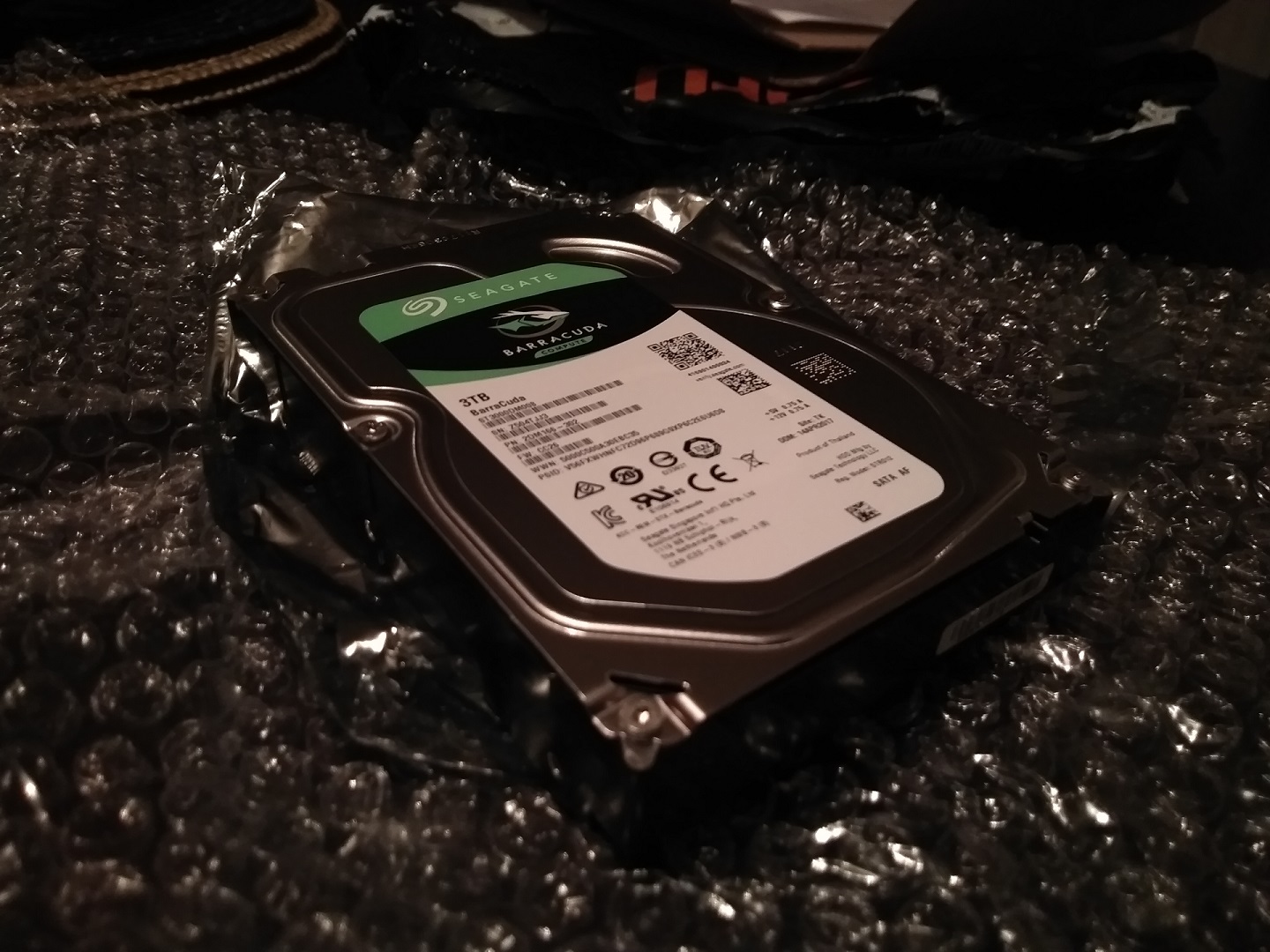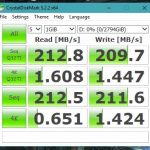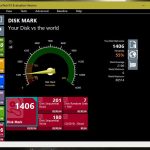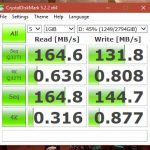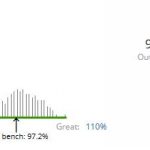Alternately: Review: Seagate Barracuda 3TB
My hard disk failed [a time ago]. The one I used to store games and media and such. Sucks, right? Yeah. The drive presented with fast declining performance, which soon progressed to CRC errors and general unresponsiveness. I got what was important to me off before the end, though [porn joke here haha]. And now it’s been replaced by a new and shiny Seagate BarraCuda, the 3TB model (ST3000MD008). I kinda wanted a WD Black drive but, well, I couldn’t come to grips with their prices. And the benchmarks I was looking at showed these BarraCuda’s were outperforming the WD Blacks (the sub-4TB ones) on read speeds anyway, which are more important to me (for things like game loading times and what-not).
So, in case you’re interested, I figured I’d run a couple benchmark tests on this one, to see how it measures up.
First up, specs! So this thing is a Seagate BarraCuda with a capacity of 3TBs, in a 3.5″ form factor. It spins at 7200RPM and sports 64MB of cache, and connects with a SATA 6Gb/s interface. The model number for this one is ST3000DM008, and it’s covered by a two-year warranty. I picked it over a WD Blue because those spin at 5400RPM (for everything over 1TB) and were slower in pretty much every benchmark roundup I saw. The WD Black drives were too expensive (roughly 25% more price for 33% less space), plus the benchmarks were showing decently faster read speeds by the BarraCuda’s. The WD Blacks do have that nice five-year warranty though, which I really hope I don’t end up wishing I had. I also considered a FireCuda drive, which is Seagate’s hybrid SSHD line, but ultimately couldn’t find enough evidence that I’d really see any advantage out of them. While the FireCuda’s “SSD” speeds are better than a traditional disk (but not better than a traditional SSD), their disk speeds look to be rather poor. I figured it unlikely that I’d place the kind of ‘predictable’ load on the drive to see the benefits of oft-accessed files being cached to the SSD, and that SSD’s 8GB is not enough to store almost anything I often play so, like, 98% of everything would load off the disk portion. At best my game clients would launch quickly because they’d probably qualify for caching, and they were never that slow to begin with so that did not present any great value to me. Anyway… Go here for the whole official BarraCuda spec spiel, if that’s what you want.
And then I guess the usual review thing is to describe the testing system, so:
Motherboard: MSI 990FXA-GD65
Processor: AMD FX8350
Memory: 24GB – G.Skil Sniper @ 1866MHz
GFX: initially an AMD R7 260X, now an AMD RX 480 4GB (Sapphire Nitro+)
OS drive: 120GB SSD
OS: Windows 10 (build… uh, something. It’s Insider Preview on the Slow ring. It keeps changing. Does it really matter?)
Plus this drive. You know, the reason you’re reading this (probably).
With that out of the way, let’s proceed to the tests, shall we? I’m testing with three applications: the usual CrystalDiskMark (v5.2.2), the User Benchmark application from hdd.userbenchmark.com, and Passmark’s Performance Test 9. The first set are with the drive completely empty and freshly formatted (with the R7 260X GPU in the system), and the second set were performed after I’d restored my library files and many of my games and other data (roughly 45% full, now with an RX 480 and beefier PSU in the system).
You can have a look at the UserBenchmark result pages too. First one here, that’s with the disk new, empty, and prior to the GPU upgrade. And second one here, with the disk almost half full and GPU upgrade installed.
So, uh… Takeaways… Well, I think the empty performance figures are pretty alright. They’re not as high as those benchmarks I saw, but those benchmarks were performed on higher-end systems than mine. I certainly can’t say I find the disk slow, by any means. The results drop off as the disk gets full, but this is to be expected with spinning rust. As the disk fills, the read heads need to travel further out across the platters and this adds latency. I still can’t say I find it noticeably slow or anything like that. Honestly, I don’t know enough about hard disk benchmarking to know one way or the other, and I’m not inclined to find out. I’m just presenting what I got.
Go forth and multiply:
- Click to share on Twitter (Opens in new window)
- Click to share on Facebook (Opens in new window)
- Click to share on Reddit (Opens in new window)
- Click to share on Pinterest (Opens in new window)
- Click to share on Tumblr (Opens in new window)
- Click to share on Pocket (Opens in new window)
- Click to share on LinkedIn (Opens in new window)
- Click to print (Opens in new window)
- Click to email a link to a friend (Opens in new window)

